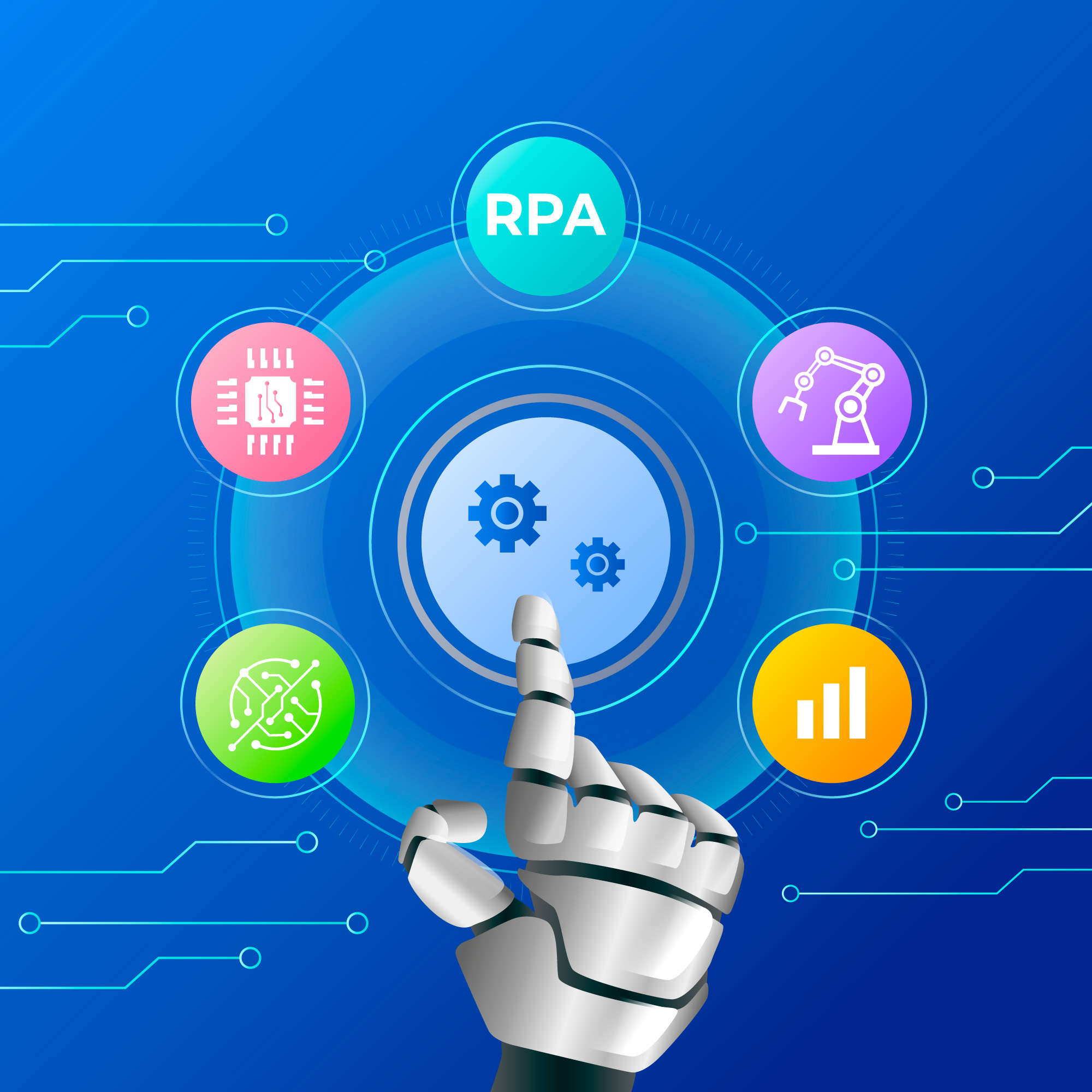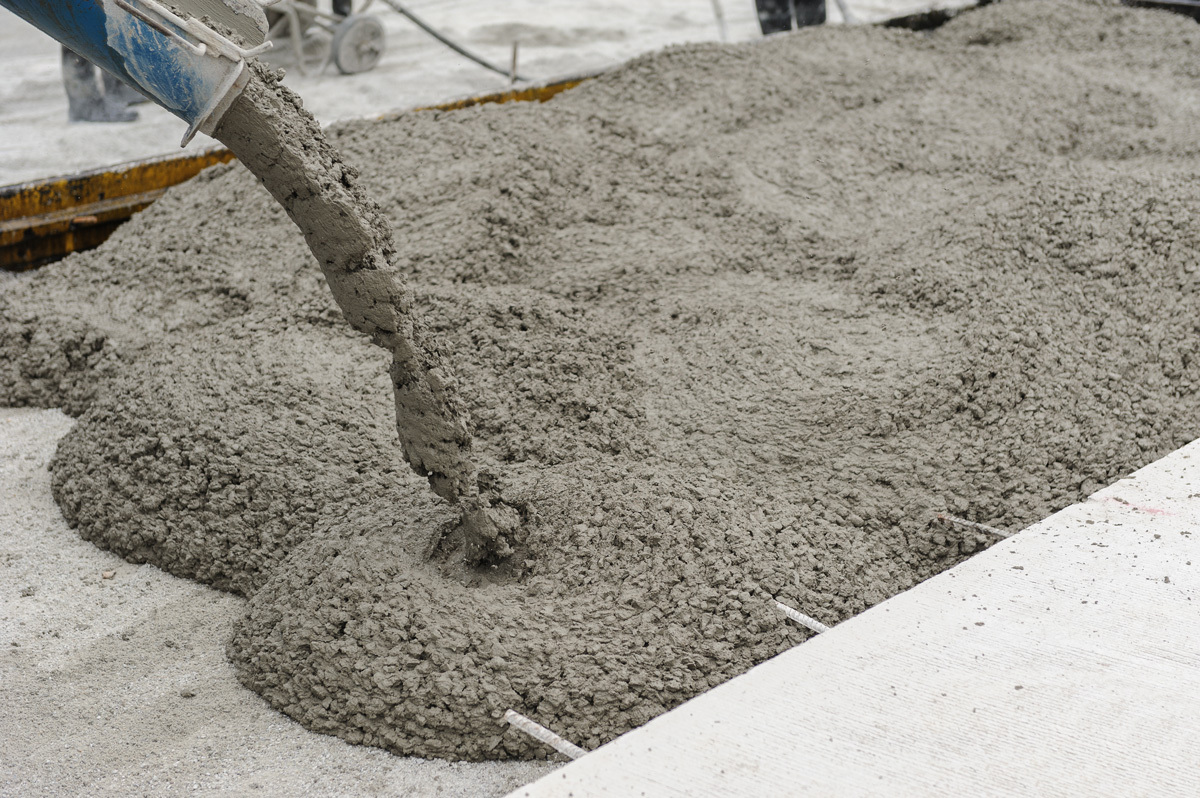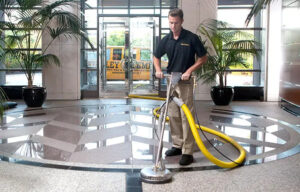How to Choose the Right RPA Consultant for Your Business Needs
Robotic Process Automation (RPA) has become a game-changer for businesses seeking operational efficiency, accuracy, and scalability. Yet, successful RPA implementation depends heavily on one critical factor: choosing the right RPA consultant. This decision goes far beyond simply hiring a service provider—it’s about forging a strategic partnership that will guide your business through the complexities of automation and help you realize tangible, long-term benefits.
If you’re considering RPA but feel overwhelmed by the multitude of consultants in the market, this guide will provide you with clear, actionable criteria to select the perfect RPA consultant tailored specifically to your business needs.
Understanding Your Business Needs and Automation Goals
Before embarking on your search for an RPA consultant, take a step back and thoroughly evaluate your business landscape and what you want automation to achieve. Without this foundational clarity, even the most skilled consultant may struggle to deliver the right solution.
Assess Your Current Processes
Begin with a comprehensive audit of your workflows. Which processes are highly repetitive, prone to human error, or drain valuable time? Common examples include invoice processing, data entry, compliance reporting, and customer onboarding. These represent ideal candidates for automation.
Define Clear Automation Objectives
Are you aiming primarily to reduce operational costs, improve accuracy, accelerate turnaround times, or enhance compliance? Perhaps your goal is a combination of these. Explicitly defining these objectives upfront helps you find a consultant who aligns their approach with your business vision.
Determine Scale and Scope
Consider whether you want to automate a single department’s tasks or scale RPA across the entire enterprise. Consultants experienced with projects matching your organization’s size and complexity will better anticipate challenges and propose effective solutions.
Key Criteria for Choosing an RPA Consultant
With a clear understanding of your needs, you can now evaluate RPA consultants based on the following essential criteria:
1. Industry Expertise and Experience
Every industry has its unique regulatory environment, operational nuances, and technological landscape. An RPA consultant familiar with your sector will not only design compliant and efficient automation workflows but also proactively identify industry-specific opportunities and risks. Whether you’re in banking, healthcare, manufacturing, or retail, industry experience translates to fewer surprises and smoother implementation.
2. Technical Proficiency and Certification
Robust technical knowledge is non-negotiable. Leading RPA platforms like UiPath, Blue Prism, and Automation Anywhere each have their own ecosystems and best practices. Ensure your consultant is certified in these tools and can demonstrate hands-on experience implementing complex workflows. Technical expertise ensures your automation will be scalable, secure, and maintainable.
3. Customization and Flexibility
Automation is not a “one-size-fits-all” solution. The consultant you choose should emphasize tailoring RPA workflows to your existing systems and business processes rather than forcing you to adapt to generic templates. Look for a partner who understands integration challenges and can align automation with your digital transformation roadmap.
4. Proven Track Record
Request detailed case studies and references. Successful projects similar to your size and industry offer strong validation of a consultant’s capability. Pay special attention to the outcomes they delivered—such as cost savings, error reduction, speed improvements, and employee satisfaction.
5. Communication and Collaboration
Automation projects require seamless teamwork between your internal stakeholders and the consultant’s experts. Effective communication—active listening, transparent reporting, and responsiveness—is essential for managing expectations and overcoming roadblocks. Choose a consultant who views themselves as an extension of your team, not just an external vendor.
6. Post-Implementation Support and Training
Automation is an ongoing journey, not a one-time deployment. Your consultant should provide comprehensive training to your employees, enabling knowledge transfer and independence. Additionally, verify that they offer ongoing maintenance, troubleshooting, and scalability support to evolve your automation initiatives as your business grows.
7. Pricing and ROI Focus
While budgeting is important, avoid selecting a consultant solely based on the lowest cost. Cheaper options may compromise quality or scalability, undermining your ROI. Instead, seek a consultant who demonstrates how their solutions will maximize long-term business value relative to the investment.
How to Evaluate Potential RPA Consultants
Once you have shortlisted candidates, take a systematic approach to evaluate their fit:
- Review Portfolios and Client Testimonials: Look for diversity in project types and scale.
- Conduct Detailed Interviews: Ask how they approach problem-solving, risk management, and technology selection.
- Request Tailored Proposals: Compare how each consultant plans to address your unique challenges.
- Consider Pilot Projects: Running a small-scale trial helps validate their methodology and working style.
- Assess Cultural Fit: Collaboration flows more smoothly when your consultant’s values and communication style align with your organizational culture.
Common Mistakes to Avoid When Selecting an RPA Consultant
Awareness of common pitfalls can save you from costly setbacks:
- Choosing Based Solely on Price: Automation is a strategic investment; focus on quality and ROI.
- Ignoring Industry-Specific Experience: Consultants unfamiliar with your sector may miss critical compliance or workflow nuances.
- Neglecting Scalability: Ensure your consultant can support your growth trajectory and expanding automation needs.
- Overlooking Post-Implementation Support: Without ongoing support, your automation efforts risk becoming obsolete or dysfunctional.
Actionable Tips for Successful Consultant Collaboration
To get the most from your chosen RPA consultant:
- Set Clear Expectations: Define project goals, timelines, and success metrics at the outset.
- Maintain Open Communication: Regular progress updates and feedback loops reduce misunderstandings.
- Encourage Knowledge Transfer: Empower your team through comprehensive training and documentation.
- Plan for Continuous Improvement: Treat automation as a dynamic process, adjusting workflows based on performance data and evolving business requirements.
Conclusion
Choosing the right RPA consultant is a strategic move that directly influences your automation success. By prioritizing industry expertise, technical skills, customization, proven results, and strong collaboration, you create a foundation for sustainable automation that drives efficiency, reduces costs, and empowers your workforce.
Invest time and effort in thorough evaluation and clear communication to build a partnership that unlocks the full potential of RPA for your business. With the right consultant by your side, your organization will be well-equipped to embrace digital transformation and thrive in today’s competitive landscape.
Also Read
Top 7 Features Every Successful FinTech App Must Have in 2025













